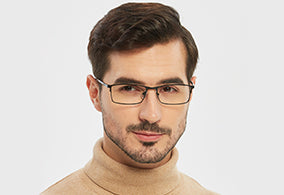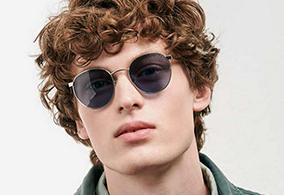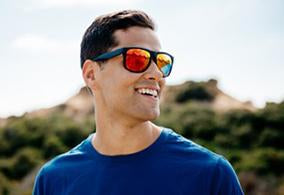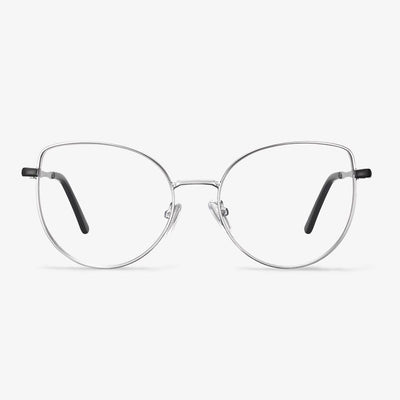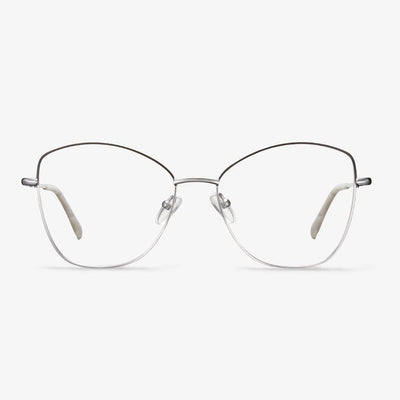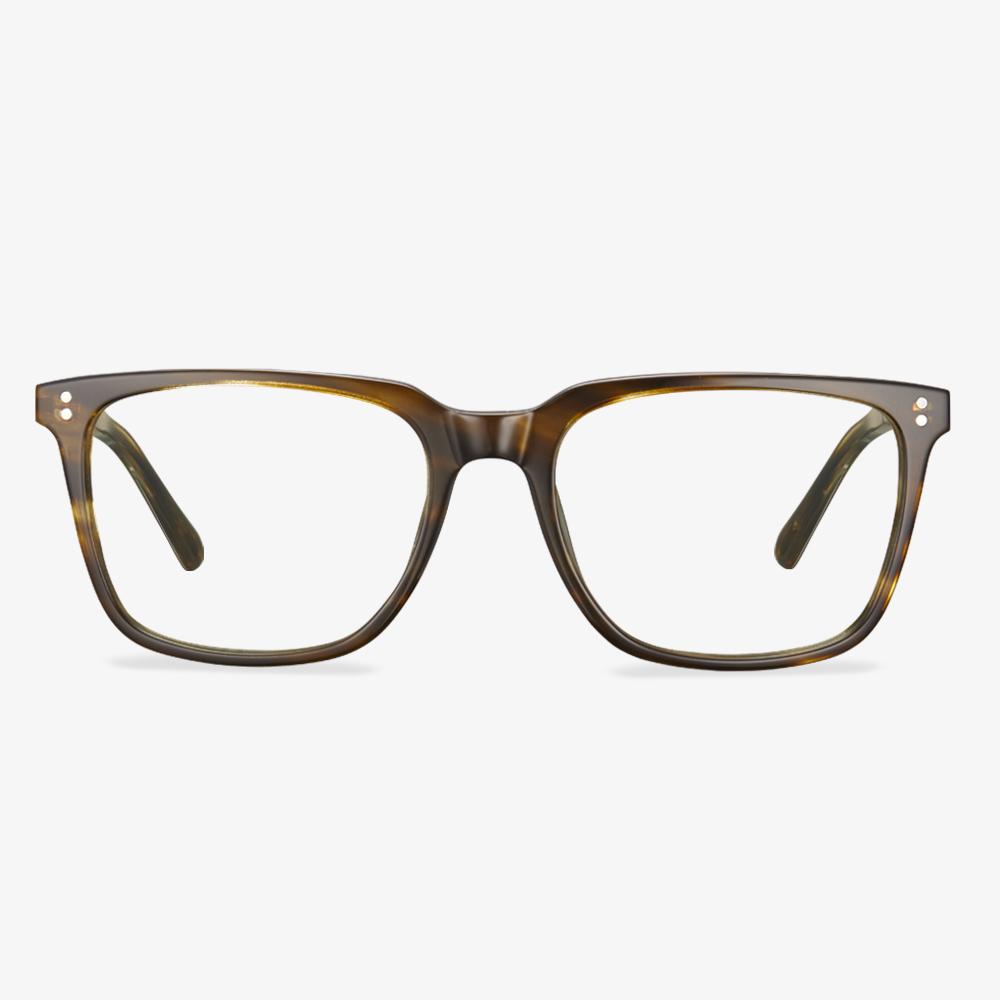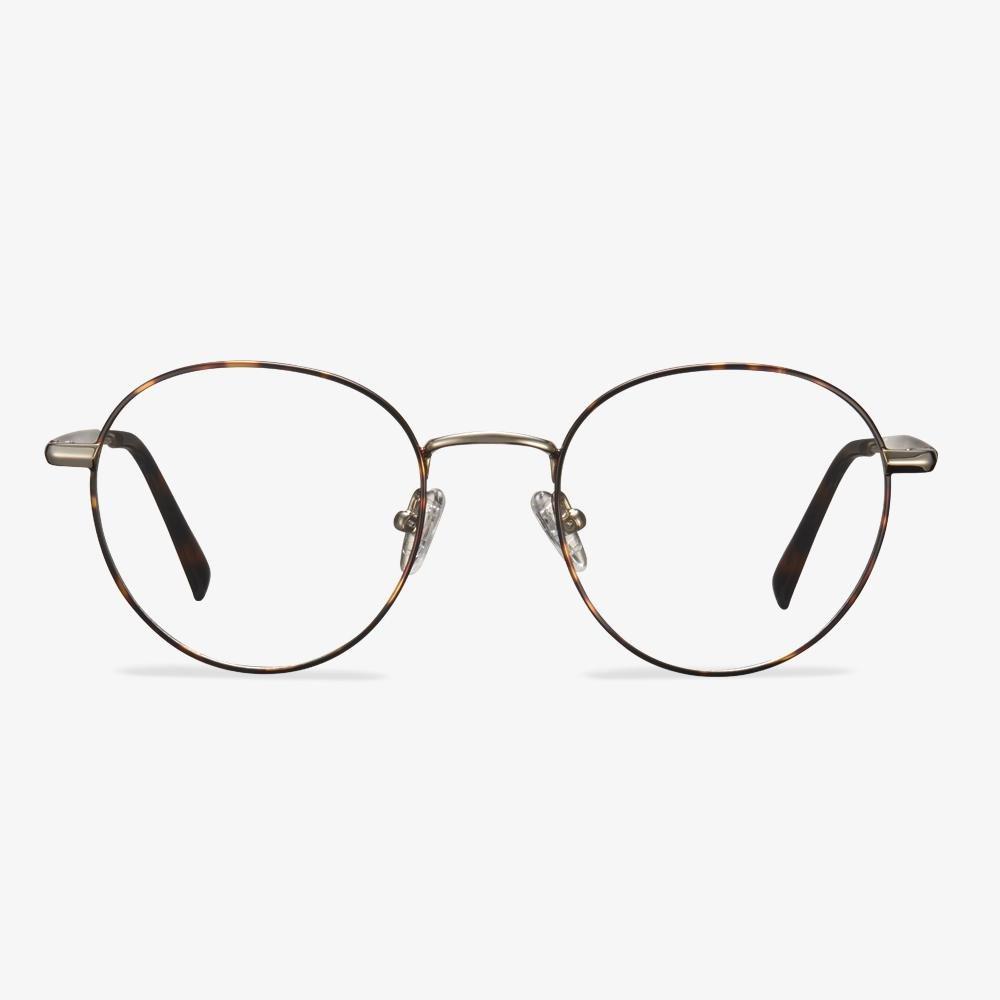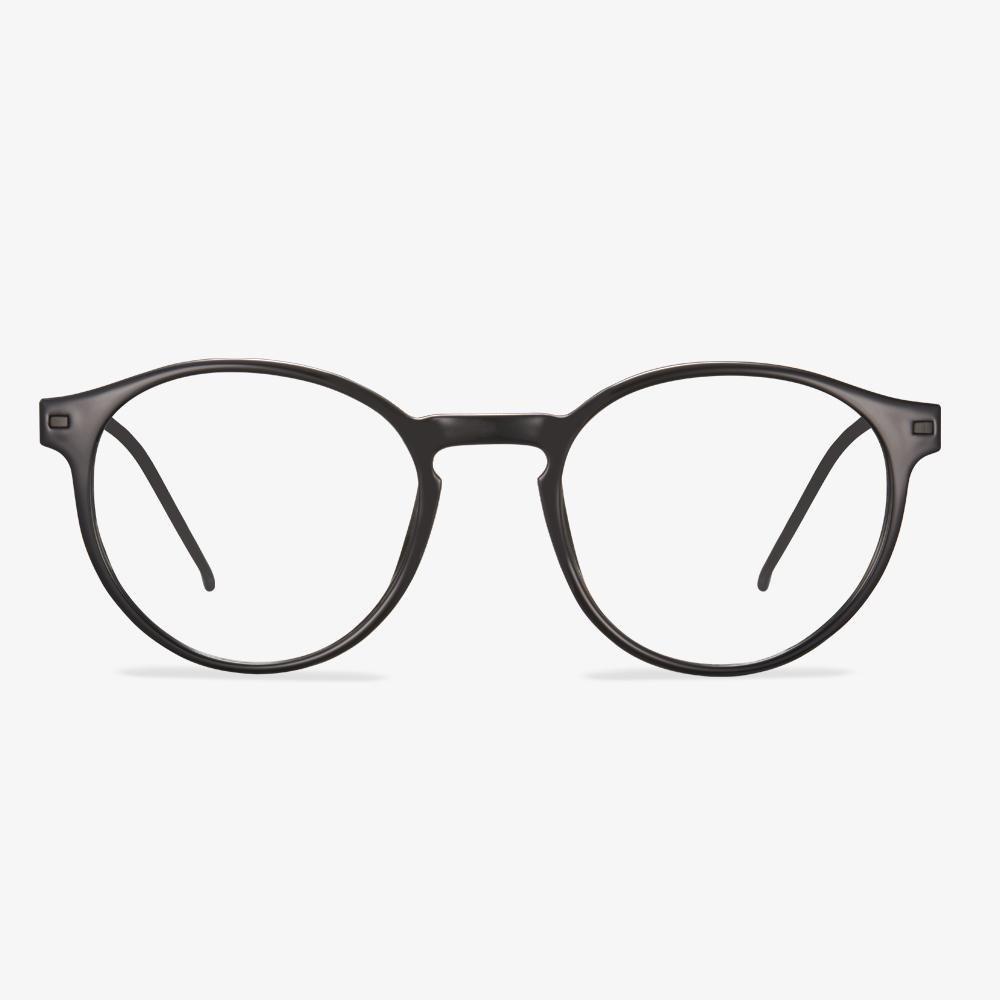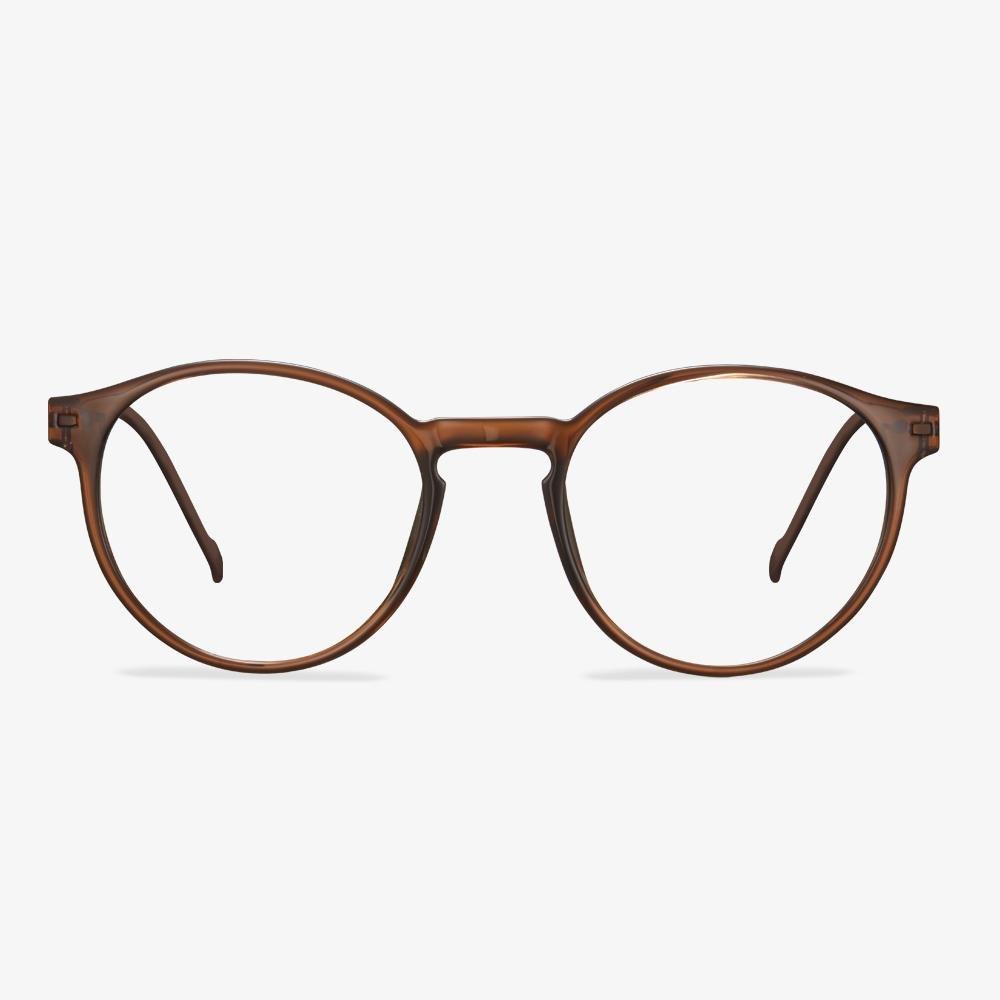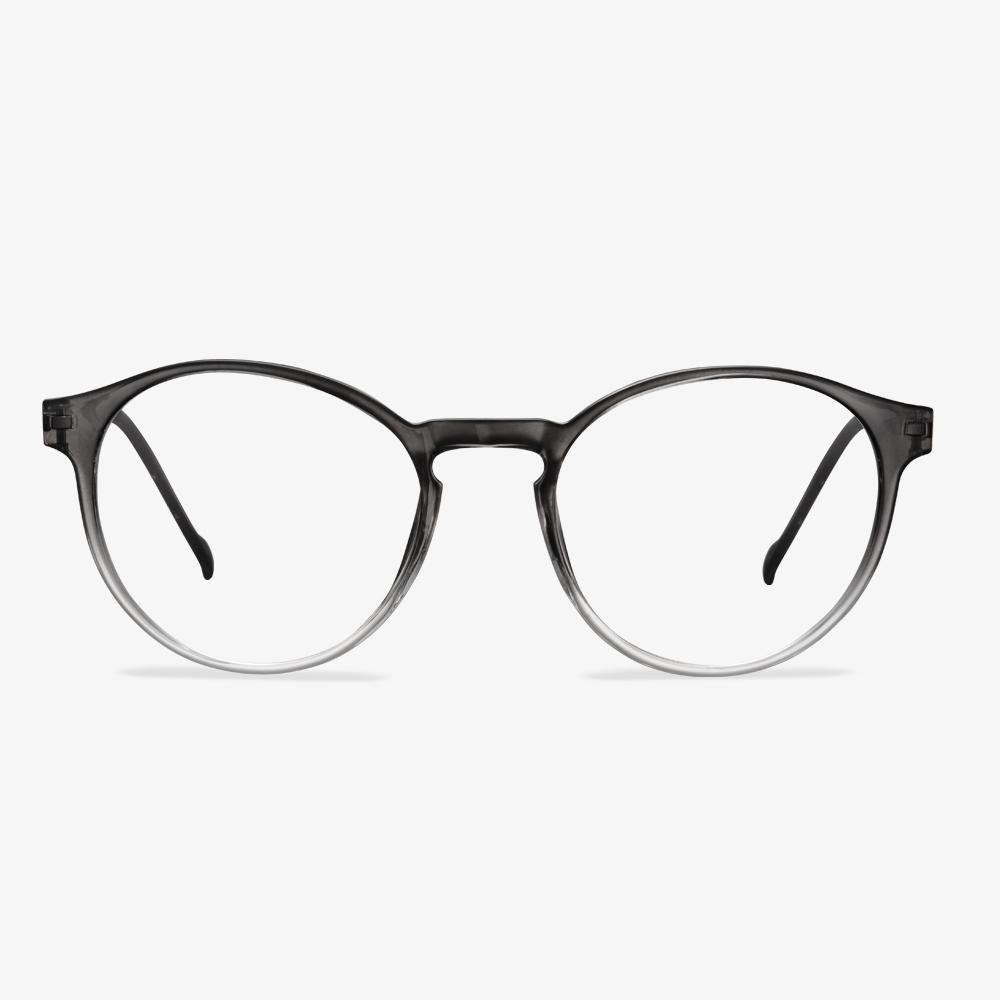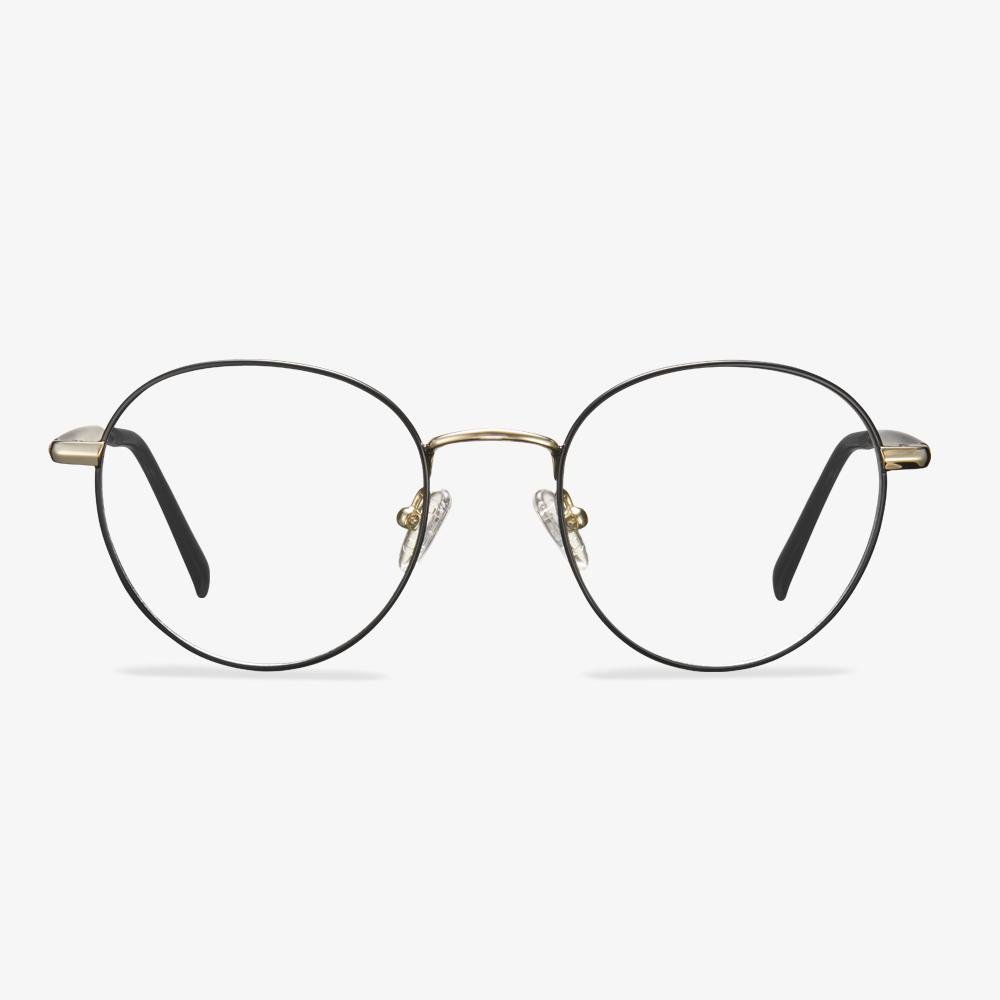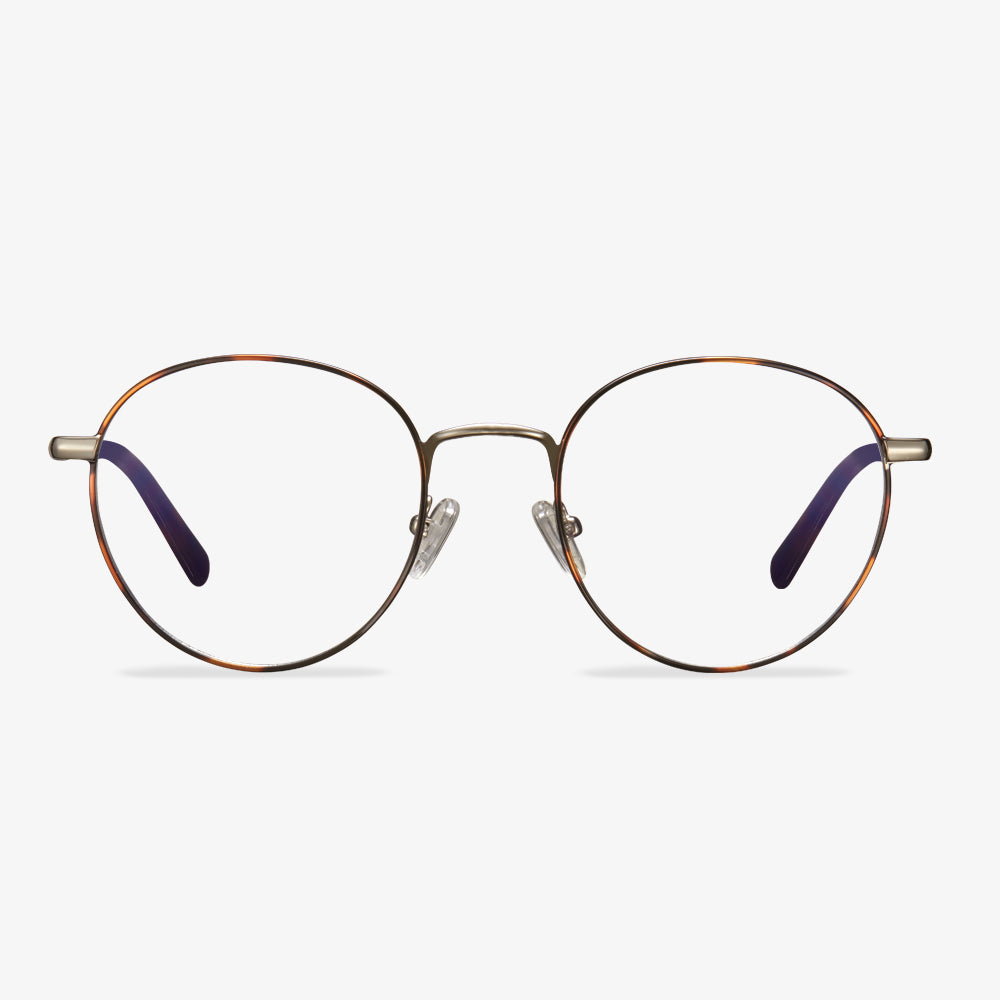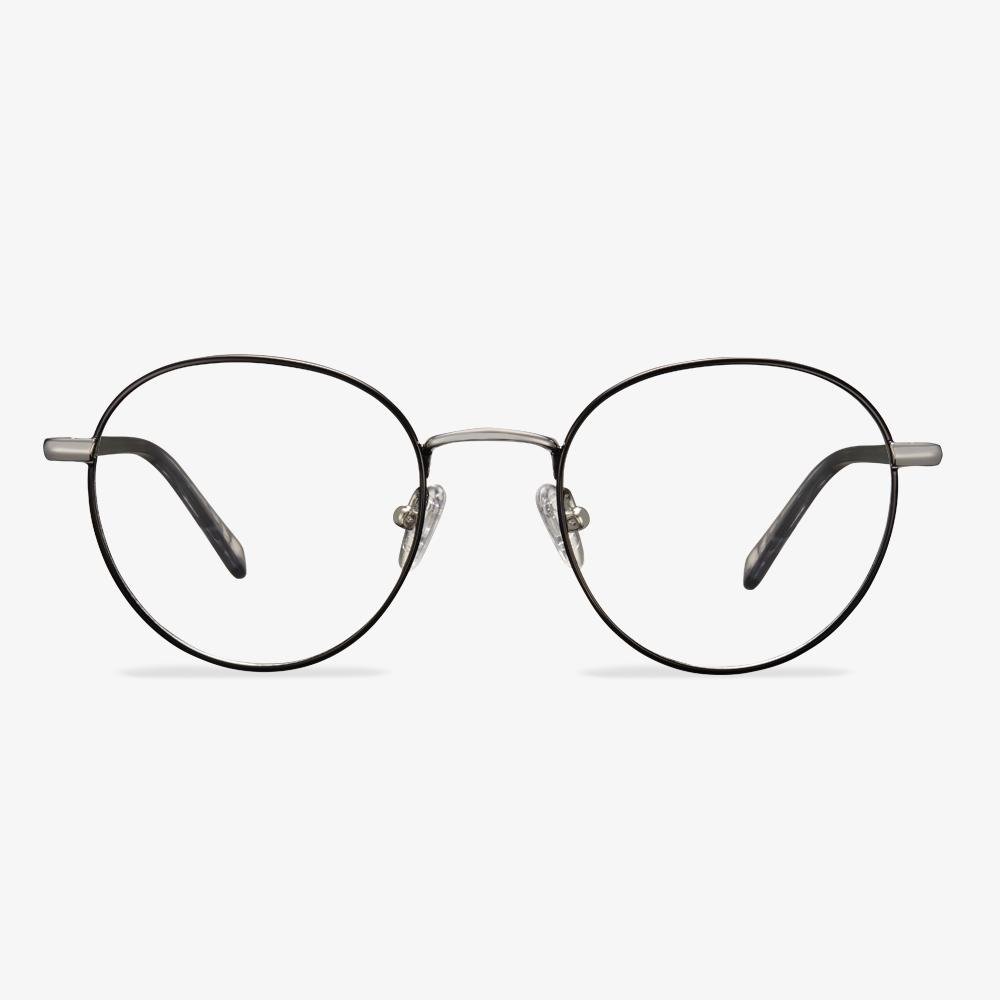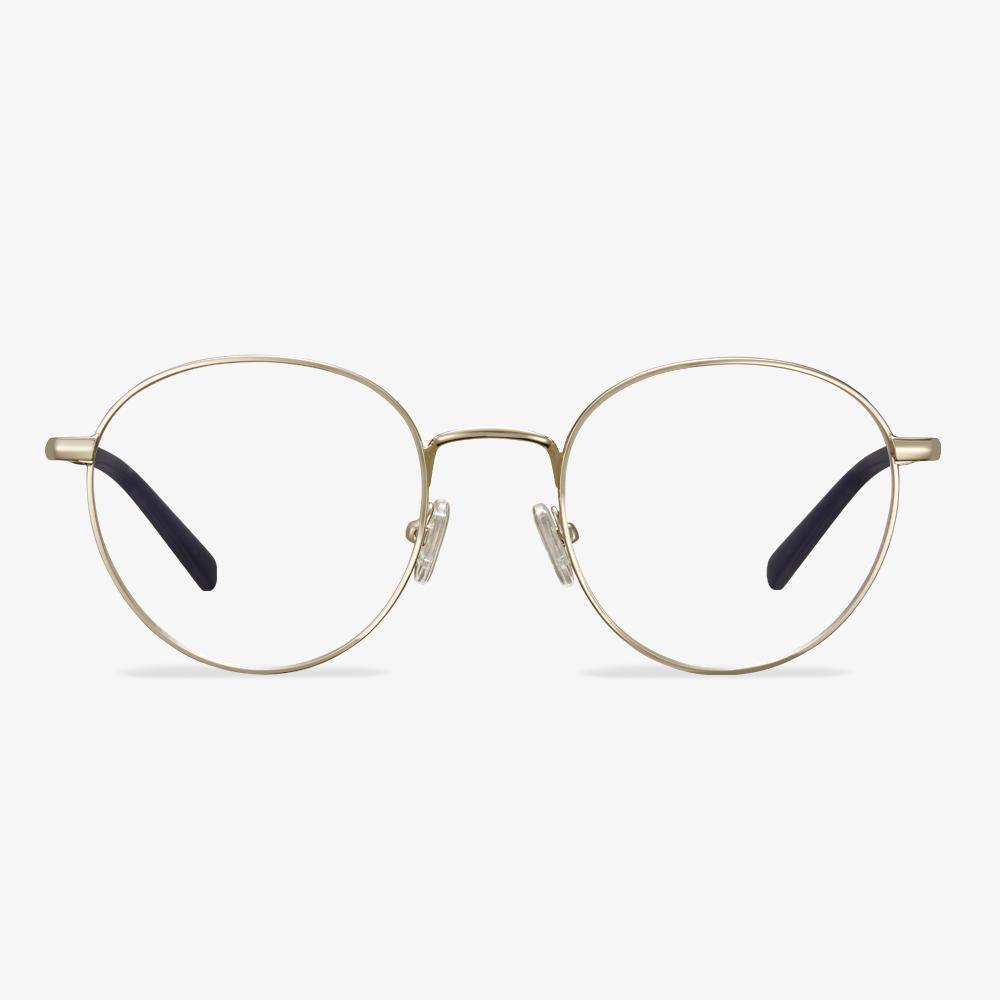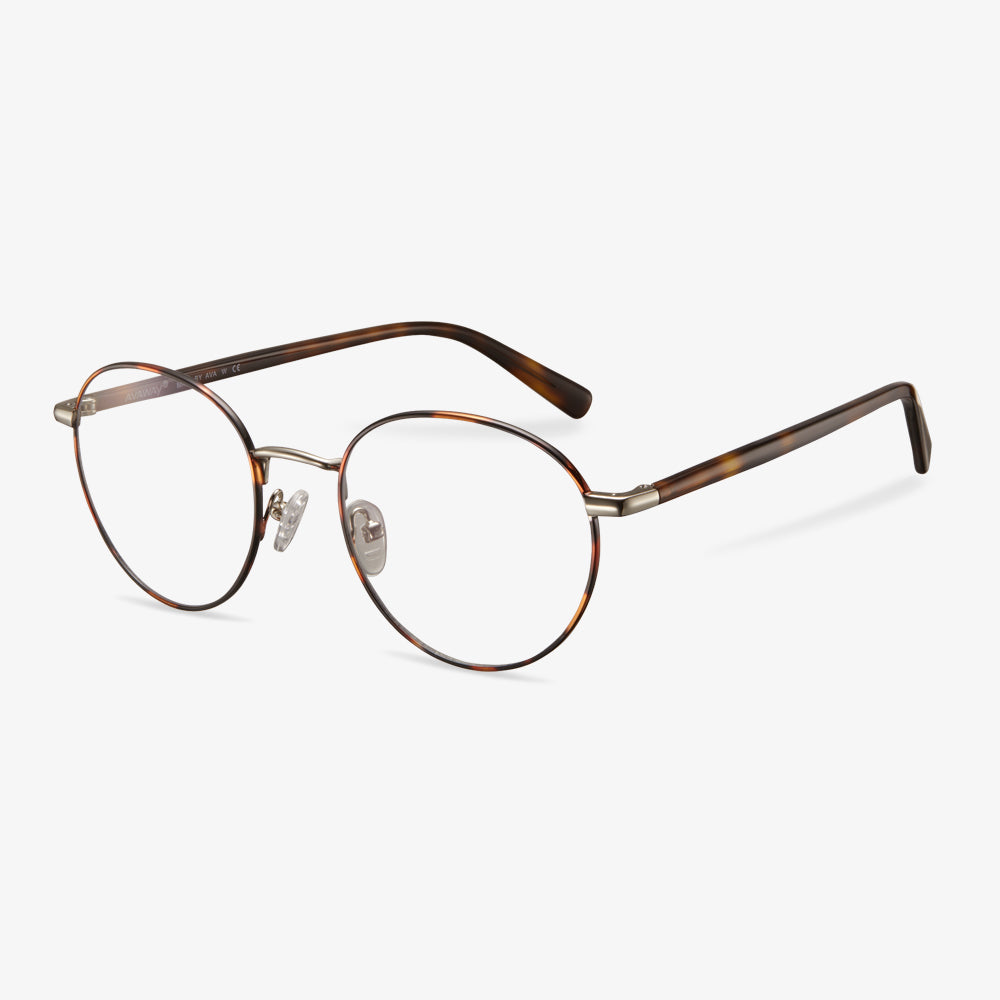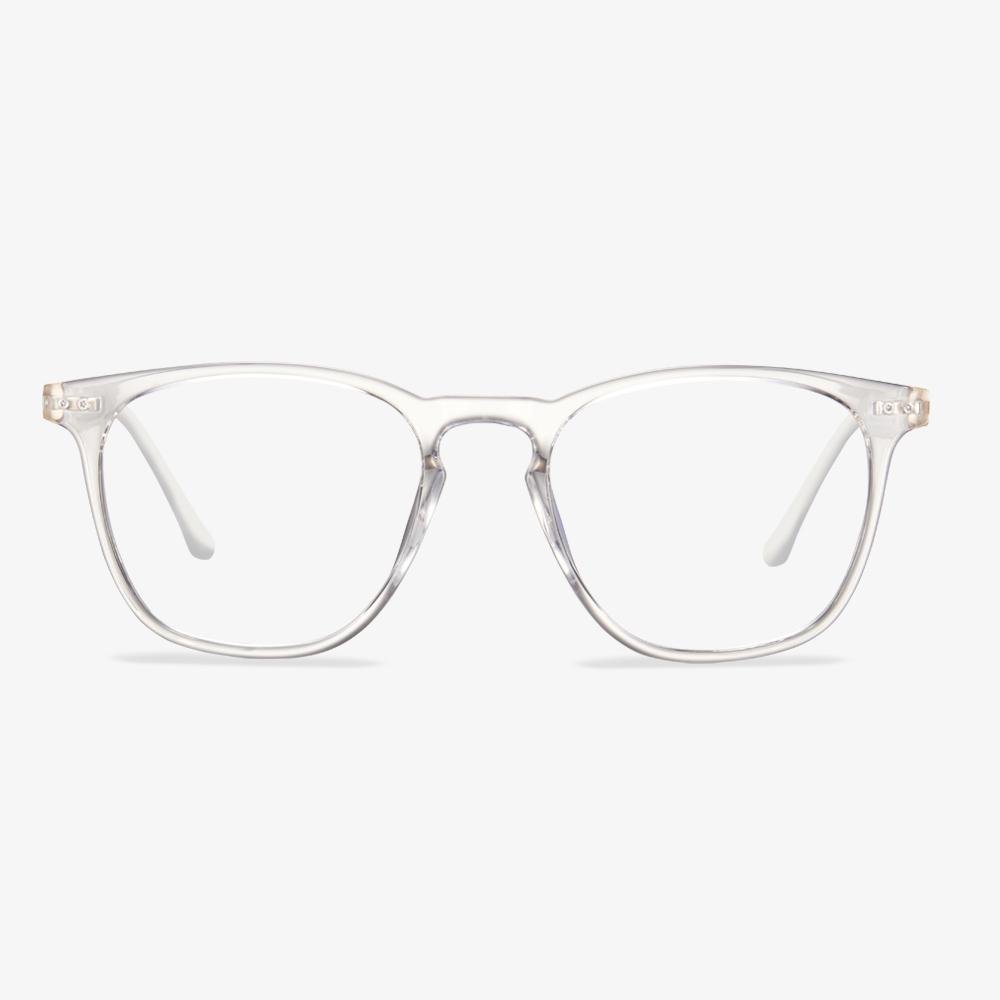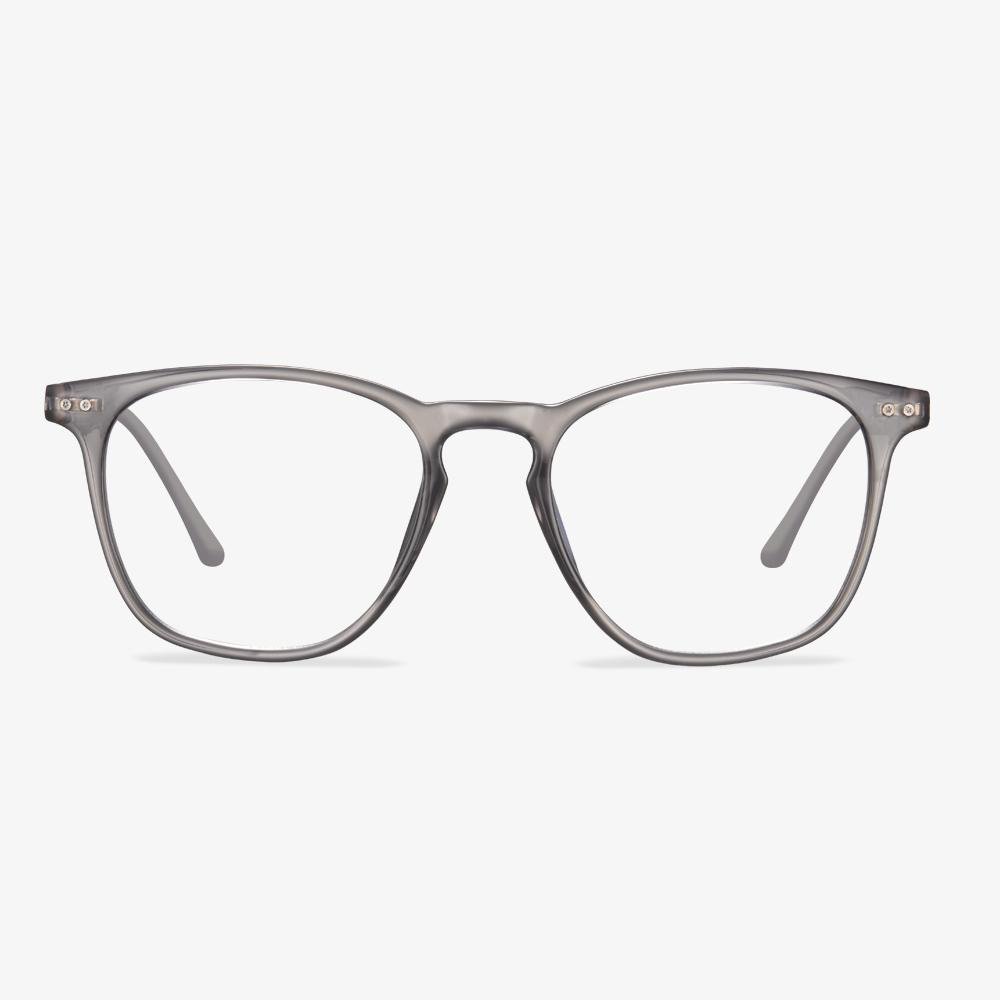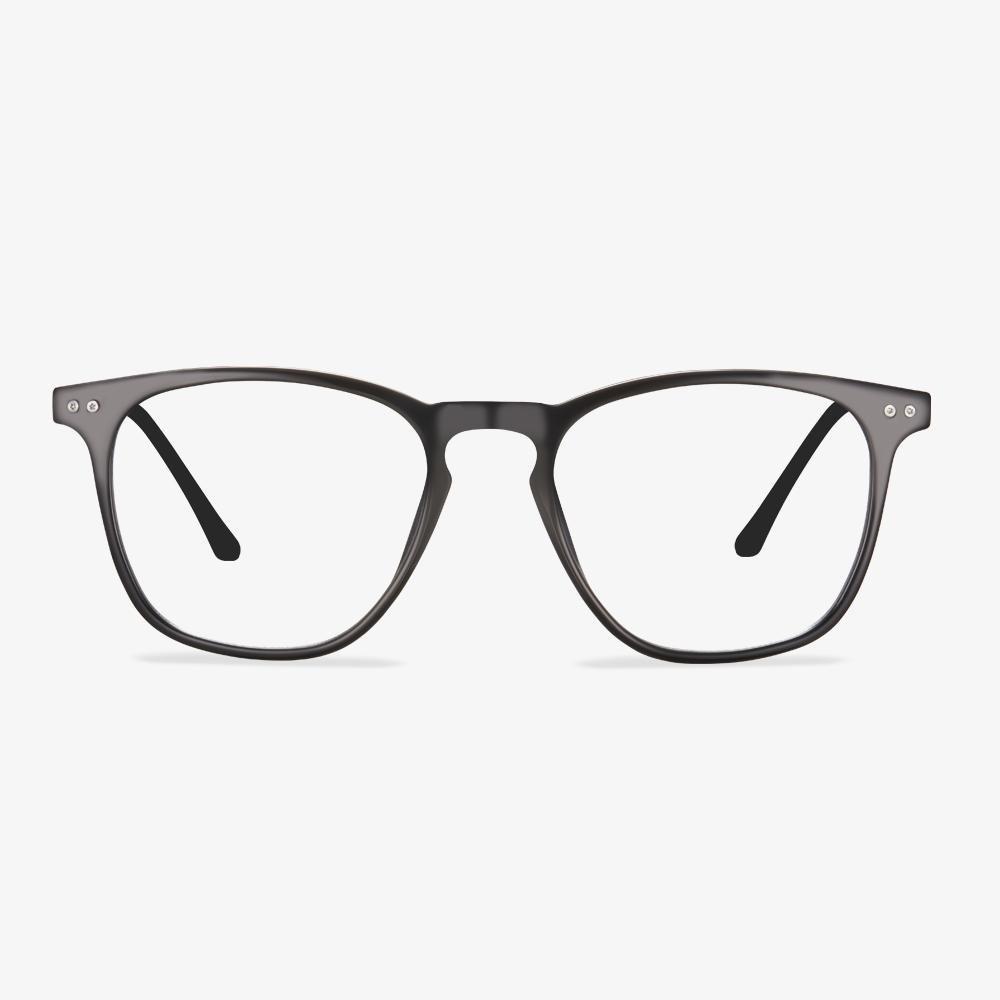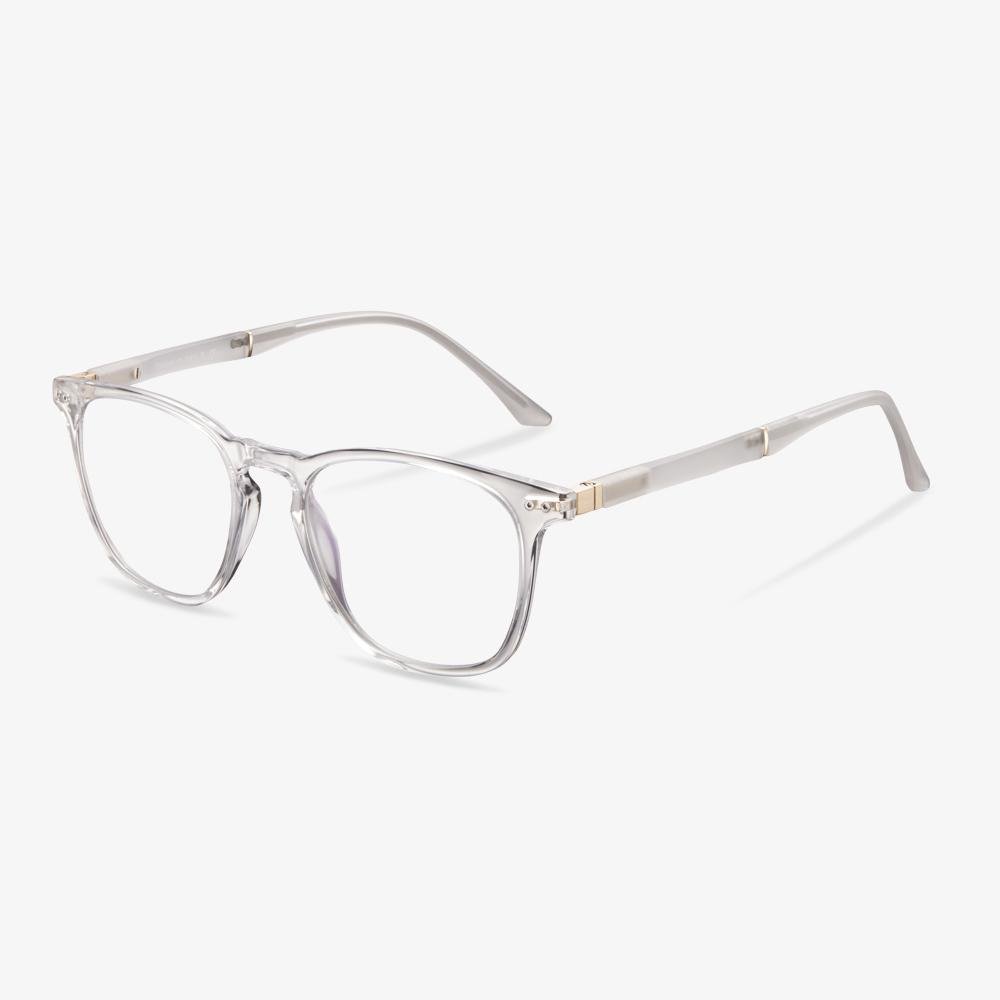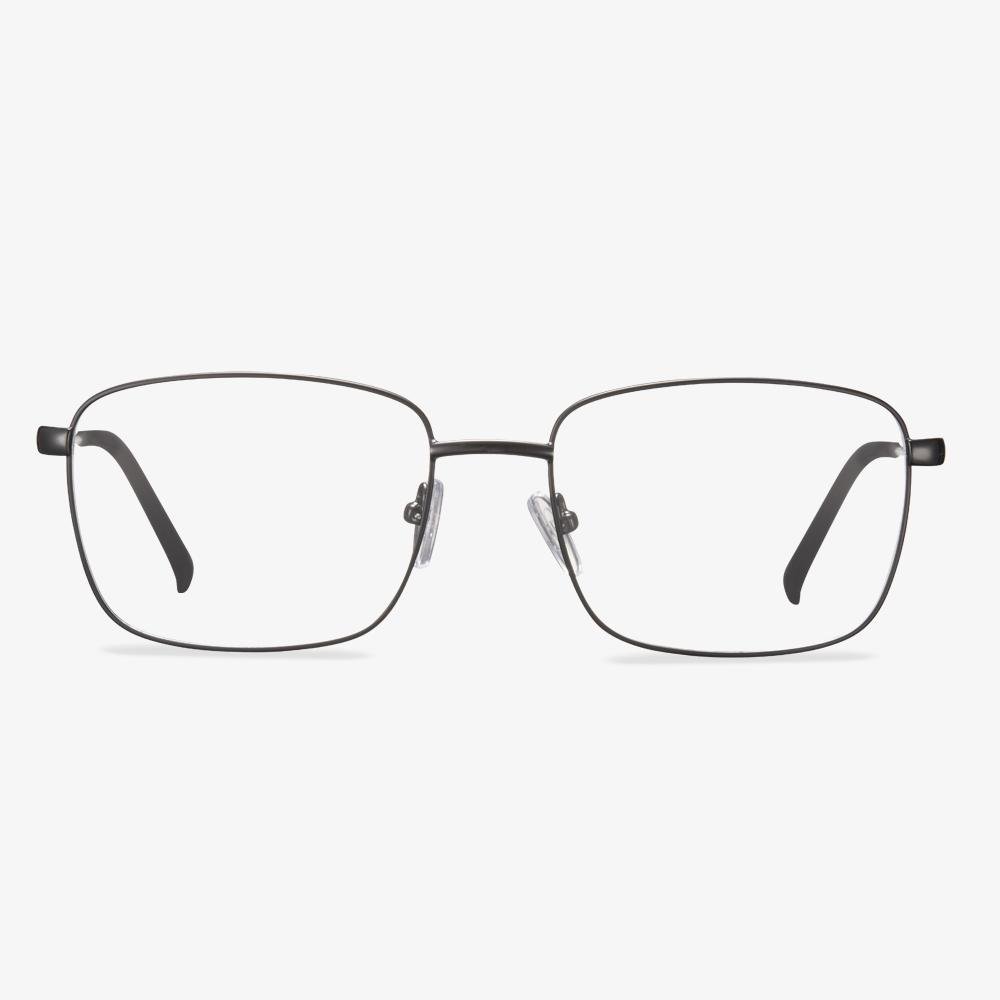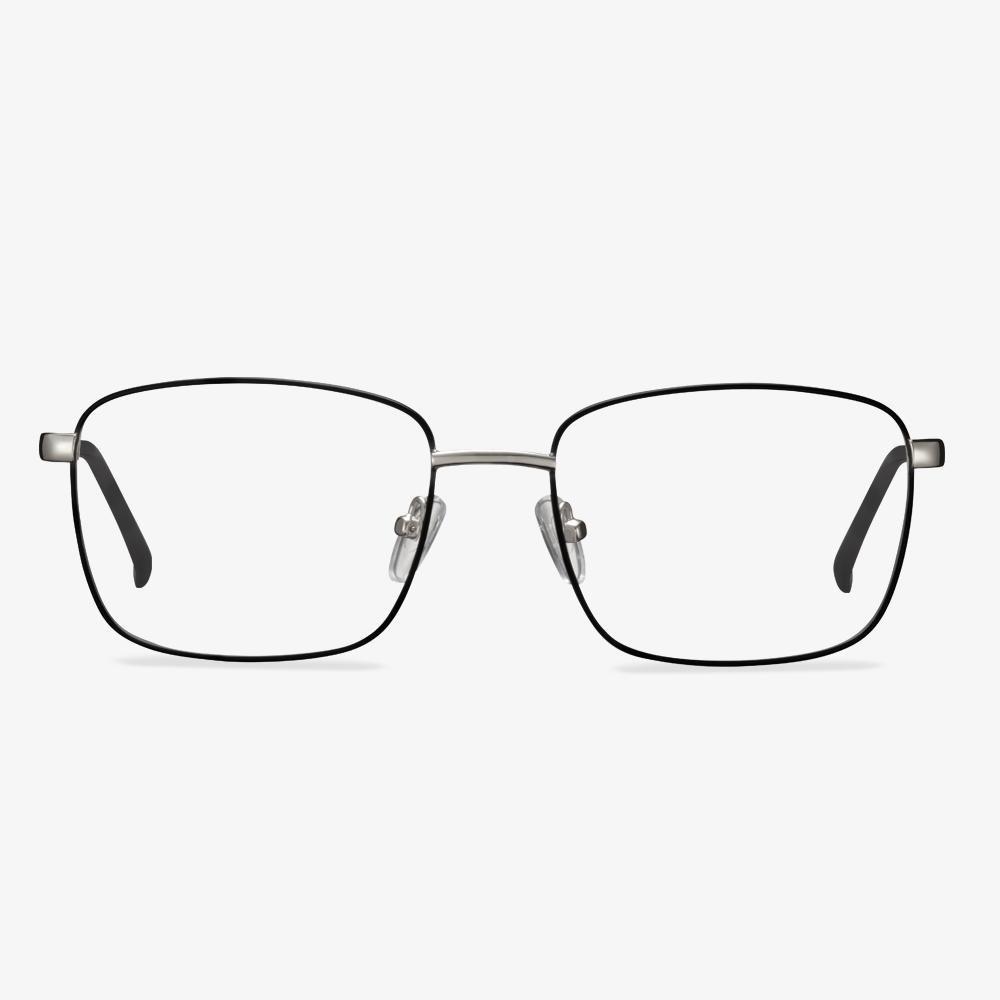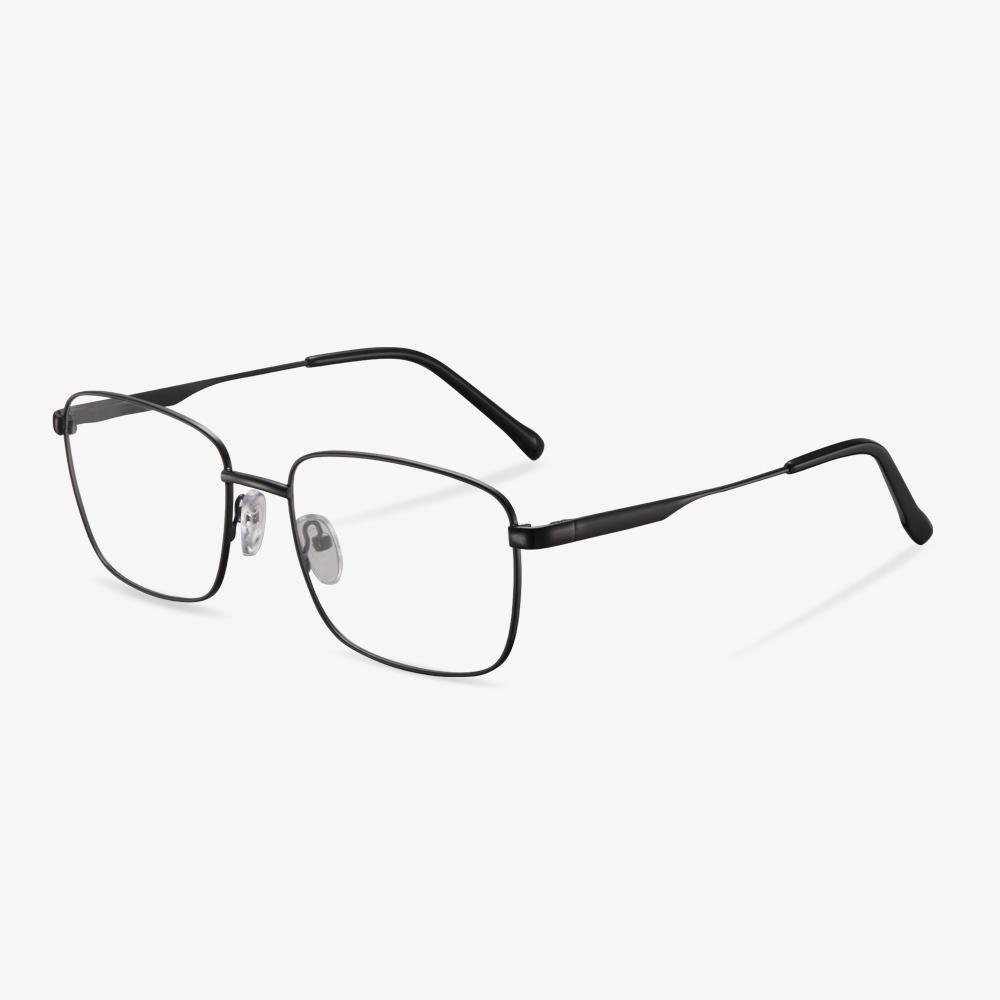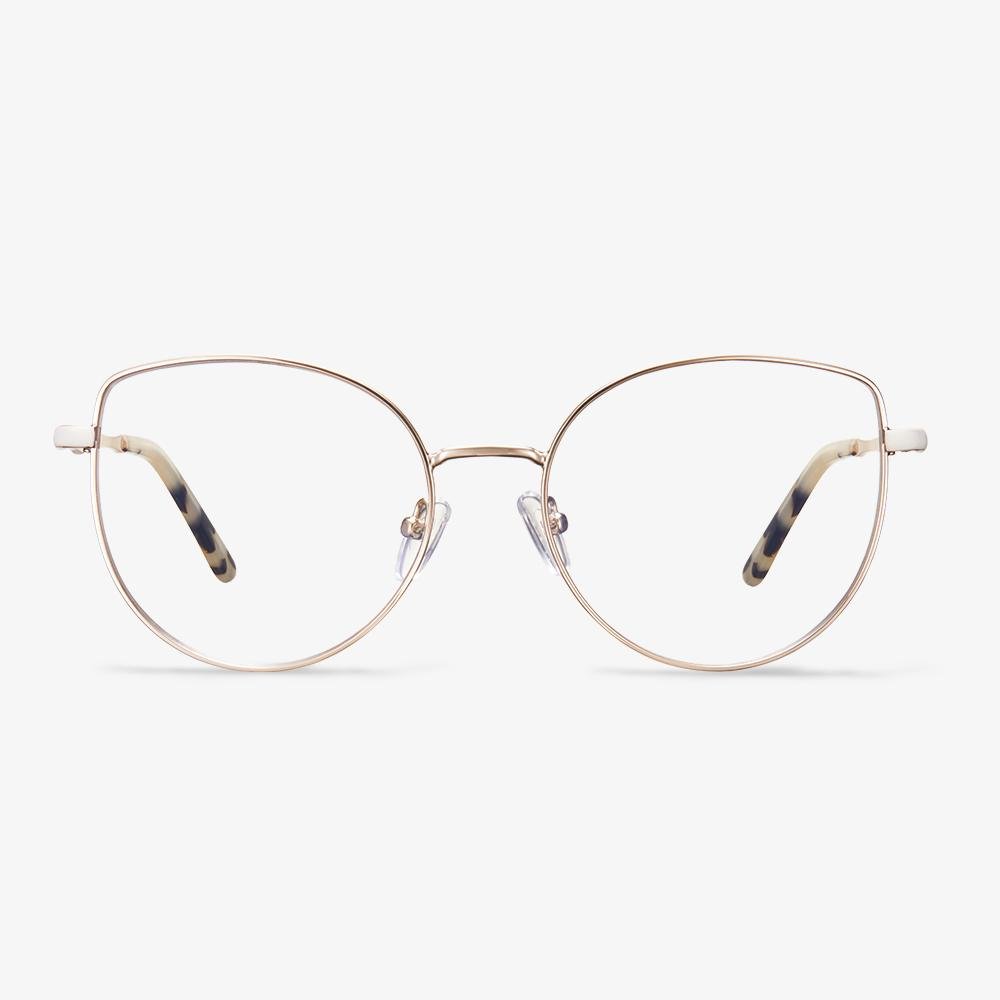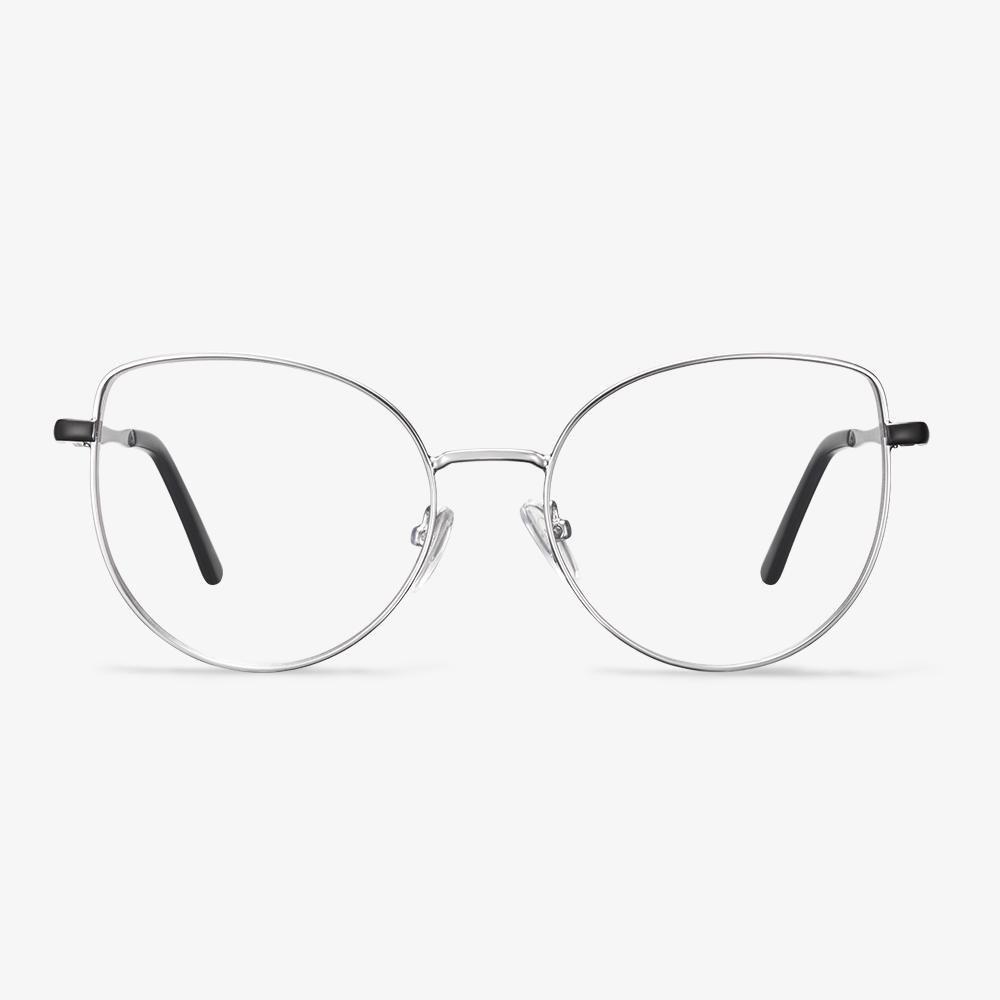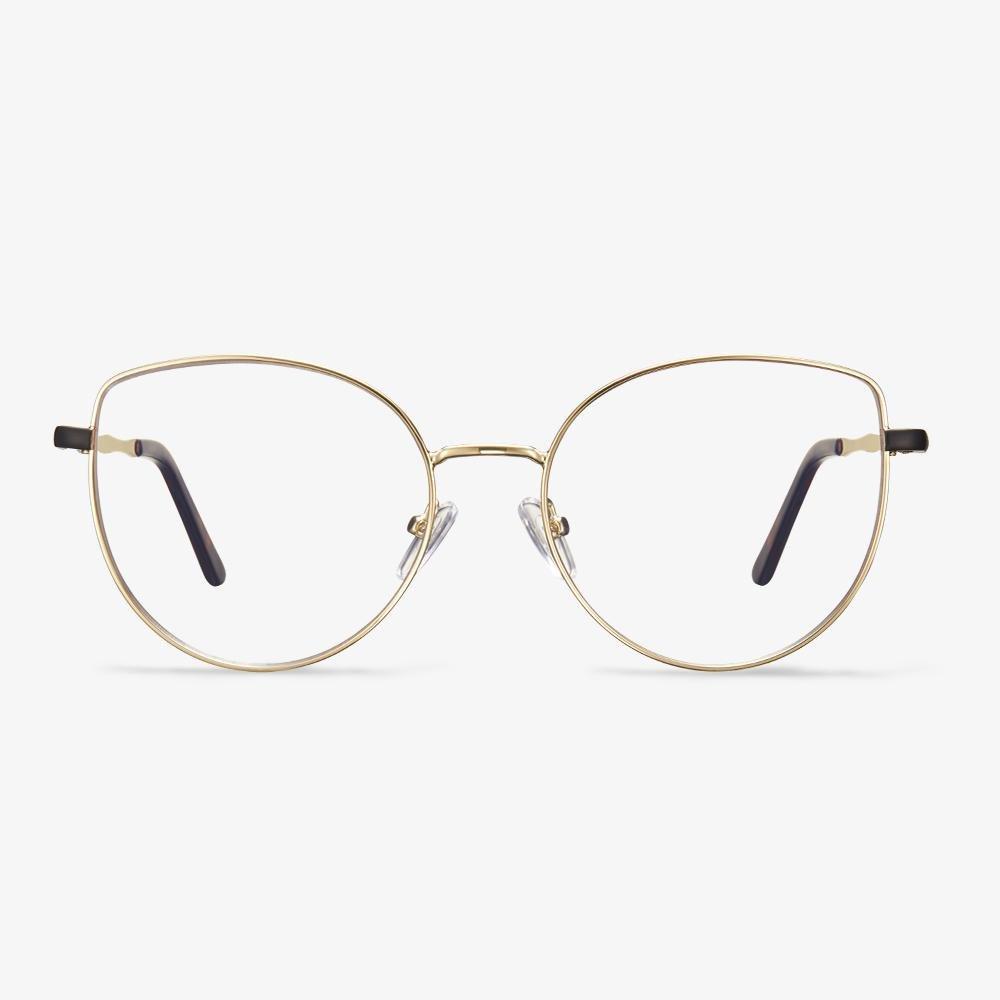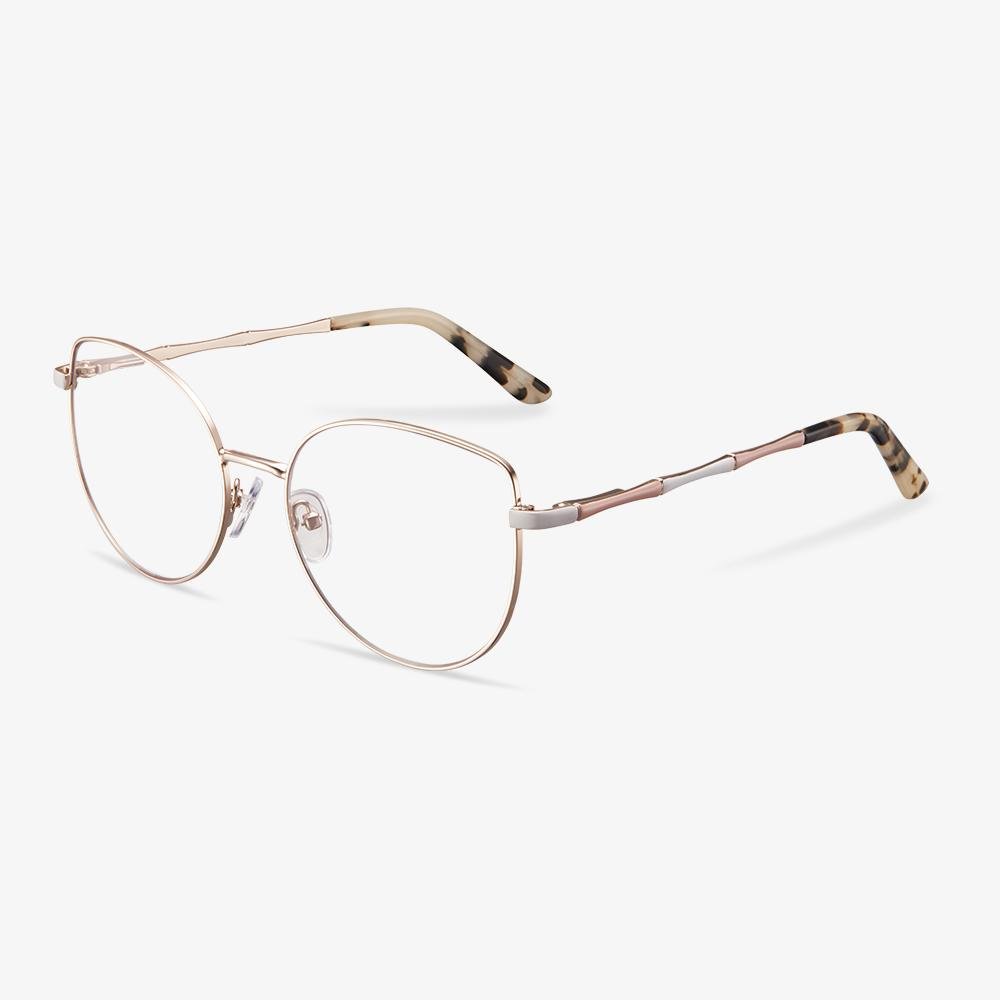What Are Trifocal Lenses?
When you are over 40 years old, your eyes may become old, too. Your corrective lens requirements may become increasingly unique, Most people are familiar with bifocal glasses but unfamiliar with trifocal glasses. So, in this post, we will show you what trifocal glasses are.
Trifocal lenses have three different corrective lenses within one lens to offer you intermediate, distance, and near correction, all in one pair of glasses. The varying levels of correction cab are laid out in a couple of different ways to ensure the layout suits your unique vision needs and comfort level.
The near vision is to correct close-up vision, the intermediate vision is often used for card playing and staring at the computer screen fall with this range of vision, and the distance vision is often used for driving or looking at a whiteboard.
Driving Sunglasses Brands
Ray-Ban polarized sunglasses
Polarized sunglasses filter polarized light. If the lenses are in dark colors (such as tan, green-gray, etc.), they are more comfortable to wear in summer. Polarized lenses are globally recognized as the most suitable lenses for driving. Glare is caused by light that is partially polarized when reflected off an object's surface. The adverse effect of glare- is to enhance brightness and reduce color saturation. It outlines the object becomes blurred and the eyes become tired, uncomfortable. A polarized lens is made according to the principle of the polarization of light, which has the special function of effectively eliminating glare, filtering the disordered light, so that the driver can improve vision and add fun to driving.
Dailisi Men's Driving Polaroid Sunglasses
It suits face shapes like rounded rectangular, square, square, and inverted triangle shapes.
Why do you need to adjust your glasses?
After wearing glasses for a period of time, the frames will become deformed and loose. Due to the deformation of the frame, the wearer may experience blurred vision, dizziness, visual fatigue, and other symptoms, the glasses need to be adjusted regularly. And because the shape of each person's face and the relative position of nose and ears are different, you need to adjust your glasses according to your own features. To make wearing comfortable, glasses do not overpress the nose and ears. After wearing glasses, it is advisable to have no tenderness at the contact point and not to slide down the head frame. The frames have to be made fundamental adjustments after assembly to meet fundamental standards.
Do kids need blue light blocking glasses?
1. American Ophthalmological Association
The American Ophthalmological Association clearly stated that it does not recommend any special glasses. The organization stated that there is no evidence that blue light from electronic devices can cause damage to the eyes. The discomfort that many people experience after watching electronic screens for a long time is due to symptoms such as dry eyes and even blurred vision caused by digital visual fatigue. The symptoms of using electronic products are related to how we use digital devices, not the blue light emitted from digital devices. There is currently no clinical evidence that blue light causes damage to the eyes, and measures to prevent blue light may be more harmful than blue light itself. It is too early to take preventive measures against blue light and may have unintended consequences.
2. British Association of Optometrists
The association believes that there is a lack of high-quality evidence to support the use of blue shaded glasses to improve people's visual performance, sleep quality, relieve eye fatigue, or protect macular health. There is no research on the effect of anti-blue eyeglass lenses on the health of the macula.
3. Chinese Journal of Ophthalmology
If the blue light is excessive, that is, the human eye is exposed to high-frequency and high-energy blue light, it will damage the rod cells. However, the rich blue environment with intensive exposure and the normalized environment are two different concepts. Therefore, it is unscientific to equate blue light with retinal damage. Individualized blue light protection guidance and recommendations should be put forward under different conditions such as different ages, health conditions, and working environments.
What Is Anti Reflective Coating?
Anti reflective coating, also known as AR, anti-glare, no-glare, or glare-free coating, can provide benefits to your vision. Anti reflective coating is added to lenses to reduce glare caused by light hitting the back of the lenses to improve your vision and make your eyeglasses more visually attractive.
Anti reflective coating will eliminate all reflections from the front and back surfaces of your lenses. Hence, more light is able to pass through your lenses which improves your vision. At the same time, fewer distractions are visible and the lenses are hardly noticeable, especially in the dark. So, is anti glare worth it? Most people agree that.
Choose polarizer for fishing
It is best to choose a polarized lens for fishing to filter out the reflections on the water surface. If it is myopia, it is best to choose polarized sunglasses with myopia function according to your own eye conditions. Generally, shops in the glasses city can customize such glasses. There are also special fishing glasses that can eliminate the scaly light on the water surface so that the angler can see the fish hooked.
Blue light in natural light
Blue light is not the unique light emitted by electronic products, but the visible light that exists in natural light, usually with a wavelength of about 400-500nm. The blue light in the entire waveband can be subdivided into two parts. One part will cause optical damage to the retina of the eye and accelerate the oxidative senescence of cells in the macular area of the retina. Usually, the wavelength of this part of blue light is between 415-450nm, and its damage to the eyes is gradually accumulated and formed. There is also a part of blue light that is beneficial to our human body, that is, blue light with a wavelength of about 480nm. It can adjust biological rhythms and is helpful for sleep, mood, and memory. In addition, experiments have confirmed that daily outdoor activities in the sun can effectively prevent the occurrence of myopia, and short-wavelength blue light may play an important role.

